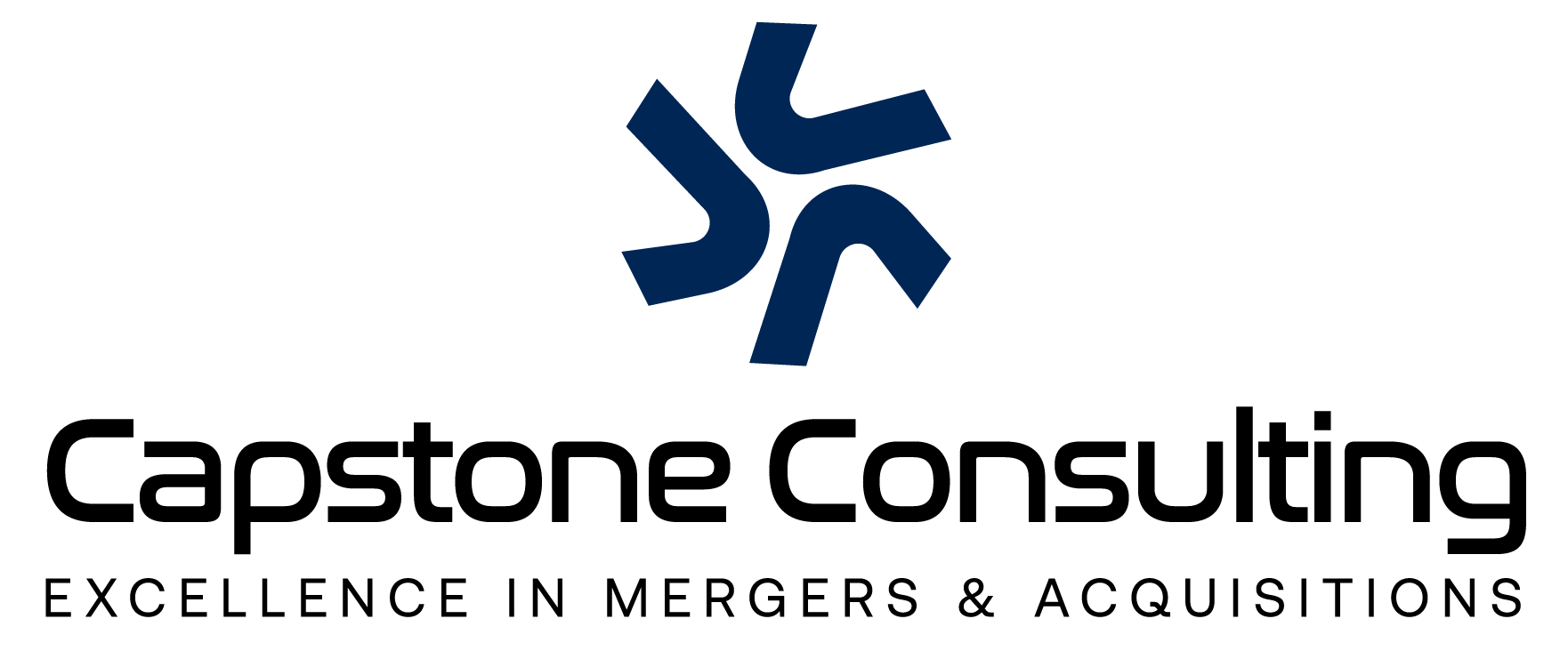1. Client Background
- Sector: Pest Control
- Company Profile: A reputable, service-based business with approximately 15 employees. The company was co-owned by two partners with a 50/50 split.
- Owner Objectives: Both owners were approaching retirement and seeking a full exit. Their shared goal was to sell the business and transition into retirement with minimal disruption to their team.
2. Initial Challenges
- Financial Presentation vs. Buyer Expectations: Like many privately held service businesses, the company’s financials reflected aggressive tax strategies—showing minimal taxable income. While this practice is common and legal, it poses challenges in a sale, especially when buyers or lenders need verifiable income to justify valuation. Many of the income adjustments were legitimate but not SBA-recognized, meaning they couldn’t be used to support debt-financed offers. This created a valuation gap between what the owners hoped to receive and what the financials could support on paper.
- Limited Technical Capabilities: The owners were "old school" operators and had minimal computer skills. They relied entirely on their secretary for digital tasks—but since the sale process was confidential, involving staff was not an option. This made retrieving basic documents and historical records difficult, threatening early phases of due diligence and valuation.
3. Capstone’s Engagement
Capstone leveraged its sister company, Brazos Bookkeeping, to access and review financial records discreetly. The internal team was told the review was part of routine bookkeeping quality control check, preserving full confidentiality until the time was right to disclose the sale to staff.
Capstone also performed a recasting process, a standard component of its valuation methodology. Since financials had been prepared solely for tax reporting, the bottom line shown to the IRS was significantly lower than the true profitability of the business. Capstone identified and added back a wide range of non-operational and discretionary expenses—such as personal vehicle use, owner salary adjustments, and marketing write-offs—to present a normalized, buyer-friendly picture of cash flow.
Due to the high number of non-SBA-eligible adjustments, Capstone identified the need for a cash buyer—preferably a strategic acquirer—who would base valuation more on top-line revenue and territorial advantage than on SBA-backed lending limits. A targeted outreach process surfaced a highly motivated buyer with strong regional interest, leading to an offer well above the original valuation estimate.
4. Deal Structure
The deal was structured as an asset sale with 100% cash offered at closing. However, the sellers elected to take a portion in seller financing to reduce their immediate tax burden, create a longer earnings horizon, and generate additional interest income. Both sellers remained with the business for a short period post-sale in a paid consulting capacity to ensure a smooth transition.
5. Results and Outcome
The outcome was a success on all fronts:
- Sellers: Both sellers transitioned smoothly into retirement and were satisfied not only with the financial outcome, but also the professionalism and structure of the process.
- Employees: Thanks to a strong cultural fit with the buyer, nearly all employees stayed on post-sale. Many have since grown into new roles as the company expanded.
- Business: Under new ownership, the buyer has more than doubled the company’s revenue, validating the strategic nature of the acquisition.
One of the sellers later shared the following:
“Jacob and his company are true professionals. Their program got us the information we needed about selling our business. They proceeded to come with a professional appraisal and what we could expect for potential buyers. We agreed on an asking price and got it in a few weeks. I have nothing but good thoughts about this company.”
6. Lessons Learned
This transaction reinforced two critical lessons:
- Valuation and Preparation Are Non-Negotiable: Even basic steps like gathering historical financials can feel like pulling teeth, especially when sellers are not tech-savvy or lack internal support. But no matter how challenging or tedious these steps may be, they are essential. A proper valuation lays the groundwork for pricing, negotiation, and deal structure—and skipping or rushing this phase creates unnecessary risk and friction down the line.
- Strategic Buyer Targeting Matters: Selling a business is not like selling real estate; it’s not enough to simply “list it and see who shows up.” Capstone’s approach is centered on identifying the right kind of buyer for each unique business. In this case, targeting a strategic, cash-ready buyer who valued geography and revenue potential—rather than EBITDA alone—was key to achieving a premium outcome. Thoughtful buyer targeting is one of the factors that consistently sets Capstone apart.










